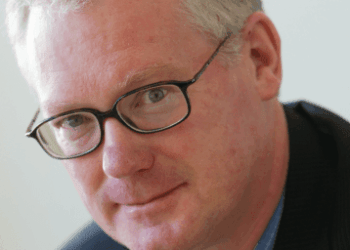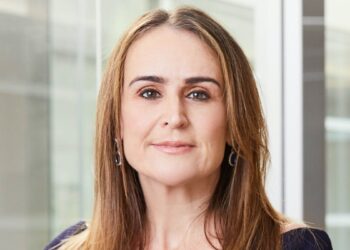Nicole Woodward, Trustee Services Manager for Australian Unity, said middle Australians could benefit from more accessible trustee services to help manage and protect their wealth through times of need.
“Death, loss of capacity and mental illness affects all Australian families. It’s time our industry evolved to better meet the needs of everyone,” she said.
Ms Woodward said statistics show that more than 50 per cent of Australians are working individuals who aren’t considered high-net-worth, but have substantial retirement savings and a median wealth of around $250,000.
Ms Woodward said trustee services started in the 19th century, when communities recognised individuals couldn’t be trusted to manage their relatives’ funds but following WWII the function of a trustee service evolved from addressing a social need to a form of wealth management for high-net-worth clients, as large trustees focused on accelerating national fungible wealth.
“In parallel came the emergence of the ‘state safety net’ service to support those who died intestate or were ruled by a judge as incapable of managing their own affairs. Victoria’s public trustee was established in 1939,” she said.
“The current trustee services still fall into these two categories, with public trustees catering to the disadvantaged while private trustee companies act as a wealth management service geared toward high-net-worth clients, a service gap still exists that limits accessibility for middle Australia.”
She said trustee services for middle Australia will fill a critical well-being gap
“It’s true that some trustee services are naturally tailored to high-net-worth individuals. For example, few middle Australians will ever need a philanthropic trust established,” she said.
However, she suggested that with a more accommodating trustee services landscape there are many services from which middle Australians could benefit.
These include things such as financial administration for protected persons, acting as a financial attorney for Australians that lose capacity due to conditions such as dementia, personal injury trusts for those who have received compensation after an injury who need help managing or investing the funds, and estate administration for Australians who do not have an appropriate relative or friend to appoint as executor of their estate.
“For each of these four services, it just takes one unforeseen event to put well-being on the line,” she said.
“A personal injury, a dementia diagnosis or a conflict within the family. These circumstances don’t discriminate based on income, class or any other factor.
“As our population continues to age, rates of dementia are rising and cases of serious mental illness are increasingly being recognised. In years to come, all Australians will be forced to navigate tough family and health issues more often. With these factors comes a greater role trustee services can play to support Australians’ well-being.”
Ms Woodward said Australia already has a public safety net in place to support those without the means to access private trustee services.
“And it’s not just about making services more accessible either, but investing considerably in marketing them to middle Australia and raising awareness,” she said.



It is indeed hard for middle Australia to find private financial managers. Our association (APTAGIE) is in desperate need of them to take over from the Public Trustee who plunders client assets to subsidise those with few assets. See https://aptagie.com.au/property